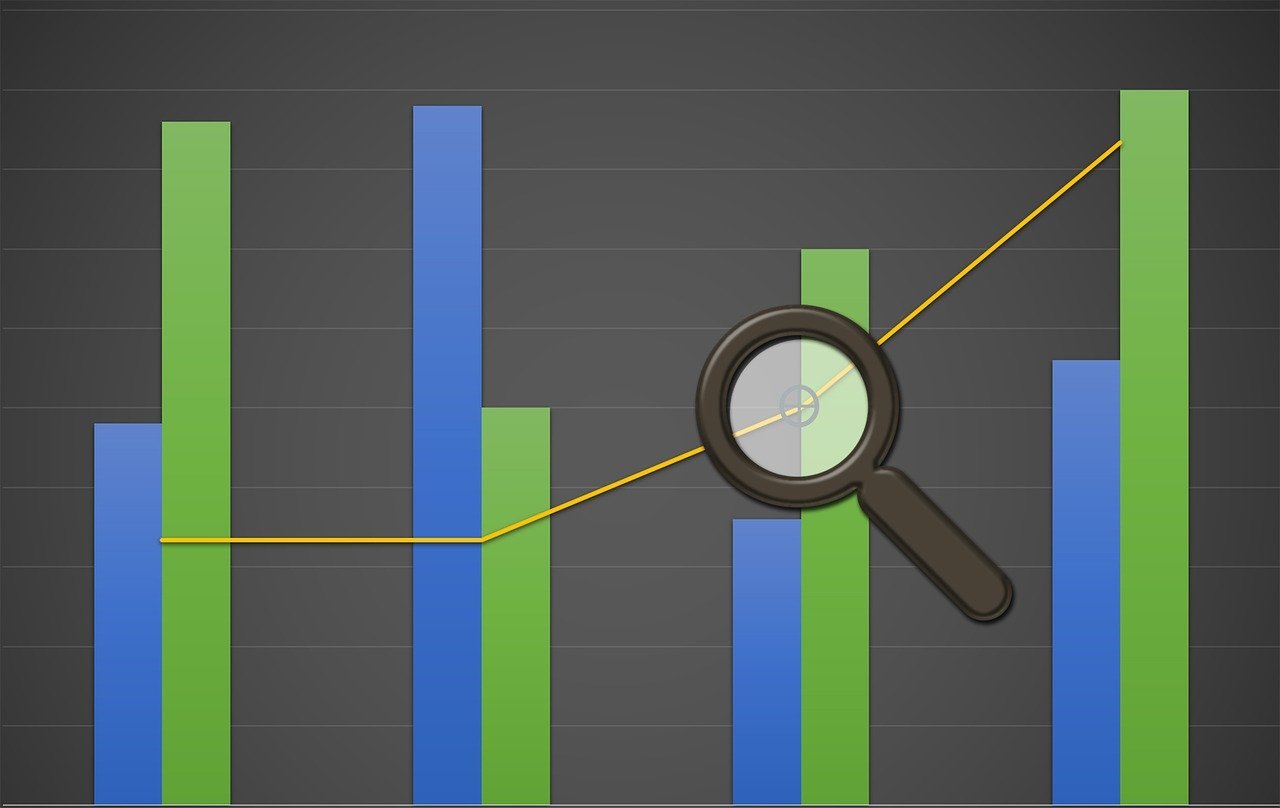In today’s data-driven world, financial decision-making is undergoing a significant transformation, thanks to the power of data analytics. Organizations are harnessing the vast amounts of data at their disposal to make more informed, strategic, and profitable decisions. In this article, we will delve into the pivotal role of data analytics in shaping the financial landscape and driving success for businesses.
The Data Revolution in Finance
Data analytics is revolutionizing the way financial decisions are made. Gone are the days of relying solely on intuition or historical trends. Today, organizations have access to an abundance of data from various sources, including customer transactions, market trends, and economic indicators. Data analytics leverages this wealth of information to provide actionable insights.
Predictive Analytics
One of the most compelling aspects of data analytics is predictive modeling. Through sophisticated algorithms, organizations can forecast future financial trends with a high degree of accuracy. This empowers decision-makers to proactively respond to market changes, identify potential risks, and seize opportunities before they materialize.
Risk Assessment and Management
Data analytics plays a crucial role in risk assessment and management. By analyzing historical data and identifying patterns, organizations can assess credit risk, market risk, and operational risk more effectively. This enables them to make informed decisions about lending, investments, and risk mitigation strategies.
Customer Insights and Personalization
Financial institutions are using data analytics to gain deeper insights into their customers’ behavior and preferences. This information allows for highly personalized financial products and services, enhancing customer satisfaction and loyalty. From tailored investment advice to personalized banking experiences, data analytics is driving customer-centric strategies.
Fraud Detection and Prevention
Detecting and preventing financial fraud is a top priority for organizations. Data analytics is instrumental in identifying unusual patterns and anomalies in transactions, helping to flag potential fraud in real-time. This not only safeguards an organization’s assets but also protects its reputation.
Cost Optimization
Data analytics can uncover cost-saving opportunities within an organization’s financial operations. By analyzing expenses and resource allocation, organizations can identify areas where efficiency improvements can be made. This leads to cost optimization and more efficient financial management.
Compliance and Regulatory Reporting
Financial institutions face stringent regulatory requirements. Data analytics streamlines compliance by automating reporting processes and ensuring accuracy. It helps organizations stay compliant with evolving financial regulations, reducing the risk of penalties and reputational damage.
Strategic Decision-Making
Ultimately, data analytics empowers organizations to make strategic decisions with confidence. Whether it’s expanding into new markets, launching innovative products, or optimizing investment portfolios, data-driven insights guide the way, increasing the likelihood of success.
Conclusion: Data-Driven Financial Excellence
In conclusion, the role of data analytics in financial decision-making cannot be overstated. It’s not just about analyzing historical data but about predicting the future, managing risks, and delighting customers. Organizations that harness the power of data analytics are better positioned to thrive in the ever-changing financial landscape.


